Information democracy
Filter resources
-

59% of polled EU citizens decry anti-terror upload filters. You should too.
Following disruptions due to the COVID-19 crisis, the negotiations between the European Parliament and the Council of Ministers on the Terrorist Content Regulation are resuming this week.
Read more
-

First Analysis of the Austrian Anti-Hate Speech Law (NetDG/KoPlG)
On September 3rd the Austrian government released a legislative package to tackle online hate speech. Besides a comprehensive justice reform, the package also contains a bill that creates new obligations for online platforms to remove illegal user-generated content. This article offers a first analysis of the so called Kommunikationsplattformen-Gesetz (KoPl-G) and the many similarities it has to the German Netzwerkdurchsetzungsgesetz (NetzDG).
Read more
-
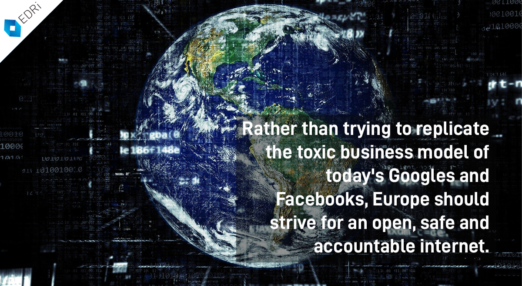
EDRi demands an open, safe and accountable internet – will you join us?
Today, 19th August 2020, European Digital Rights (EDRi) submitted its response to the European Commission’s public consultation on the Digital Services Act package. In addition, EDRi releases its official DSA Consultation Answering Guide designed to help other civil society organisations, collectives and citizens with an interest in upholding human rights to submit their own response to the European Commission.
Read more
-
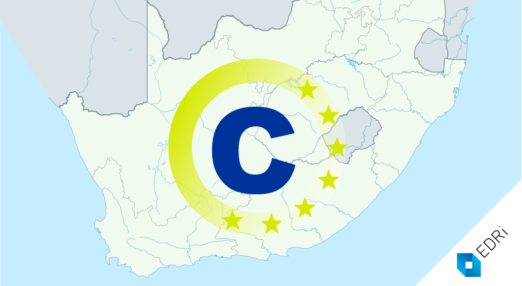
European Commission derails copyright reform in South Africa
Last year, the South African parliament adopted a progressive new copyright bill that would have drastically improved access to educational materials, introduced a fair use exception, implemented the Marrakesh treaty for the benefit of people who are blind or print disabled, and strengthened the negotiating positions of authors and performers in their negotiations with publishers.
Read more
-
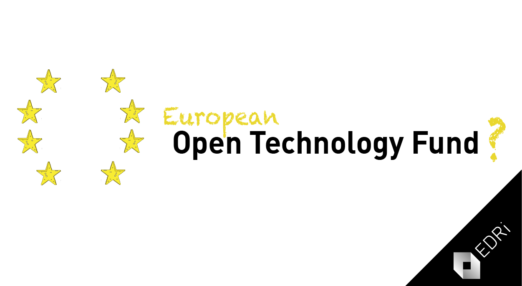
The threat on OTF as a wake up call for European digital sovereignty
Around 2 billion people in 60 countries are able to use the internet securely and without risks of being surveilled or censored. And all of this, thanks to the work done by a non-profit called Open Tech Fund (OTF) for only 15 million dollars a year. However, all of this may be over soon.
Read more
-
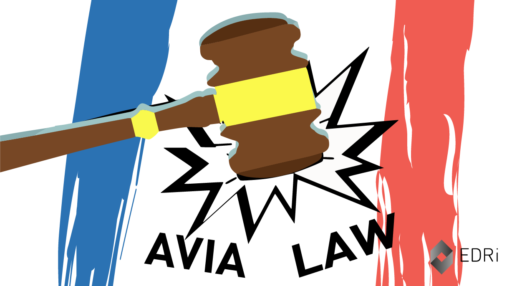
French Avia law declared unconstitutional: what does this teach us at EU level?
On 18 June, the French Constitutional Council, the constitutional authority in France, declared the main provisions of the “Avia law” unconstitutional. France’s legislation on hate speech was adopted in May despite being severely criticised from nearly all sides: the European Commission, the Czech Republic, digital rights organisations and LBGTQI+, feminist and antiracist organisations.
Read more
-

Cryptocurrency scammers flood Facebook users with manipulative ads
Scammers using fake Forbes articles and anti-EU disinformation as bait continue to target Facebook users across Europe, the EDRi member Metamorphosis Foundation has warned.
Read more
-
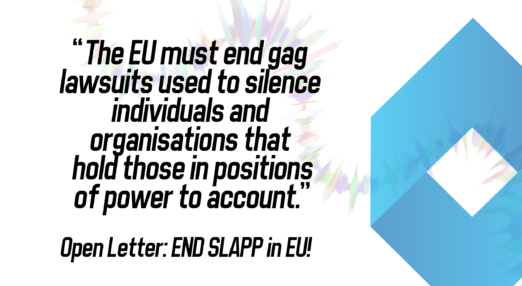
Open Letter: ending gag lawsuits in Europe – protecting democracy and fundamental rights
The European Digital Rights network joined 118 civil society organisations from across the globe in signing an open letter (the latest act of a longstanding movement) addressing the need to end gag lawsuits that threaten the public interest by allowing powerful actors to silence those that would speak against them.
Read more
-
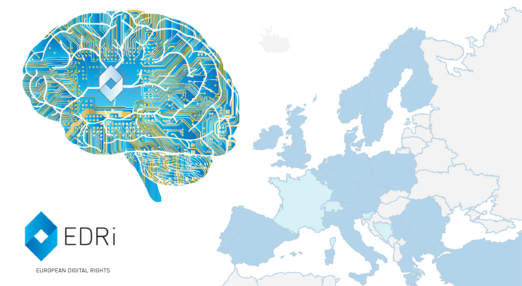
More than the sum of our parts: a strategy for the EDRi Network
It took over a year. From an EDRi members’ survey in early 2019 to the vote by the (online) General Assembly of members at the end of April 2020. In those months we held workshops, webinars, calls, several rounds of comments, draft iterations and about 50 consultations.
Read more
-

Hungary: “Opinion police” regulate Facebook commentaries
There have been a number of critical news reports from around the world stating that Hungary’s COVID-19 state-of-emergency legislation is “creating a chilling effect”. Such headlines miss the mark somewhat, as chilling effects are far from new.
Read more
-
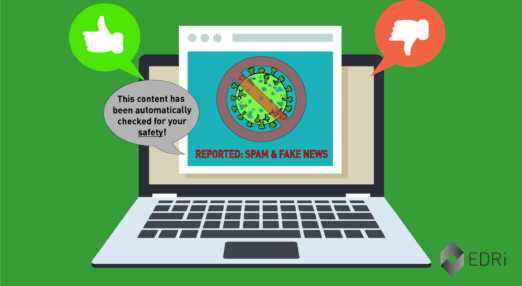
COVID-Tech: COVID infodemic and the lure of censorship
In EDRi's series on COVID-19, COVIDTech, we will explore the critical principles for protecting fundamental rights while curtailing the spread of the virus, as outlined in the EDRi network's statement on the virus.
Read more
-
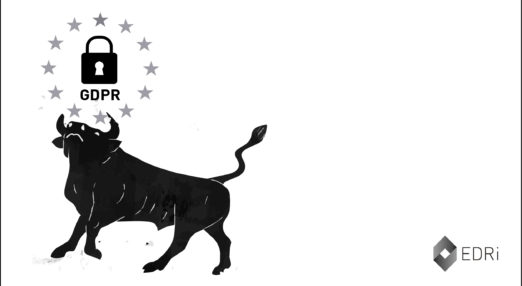
Xnet issues two complaints to improve data protection in Spain
Xnet highlights gaps in Spain’s adaptation of the EU General Data Protection Regulation (GDPR). The Spanish member of EDRi has opened two complaints to the European Commission related to the lack of effective adaptation of the data minimisation principle and the lack of conciliation between personal data protection and freedom of expression and information in the Spanish legislation.
Read more
